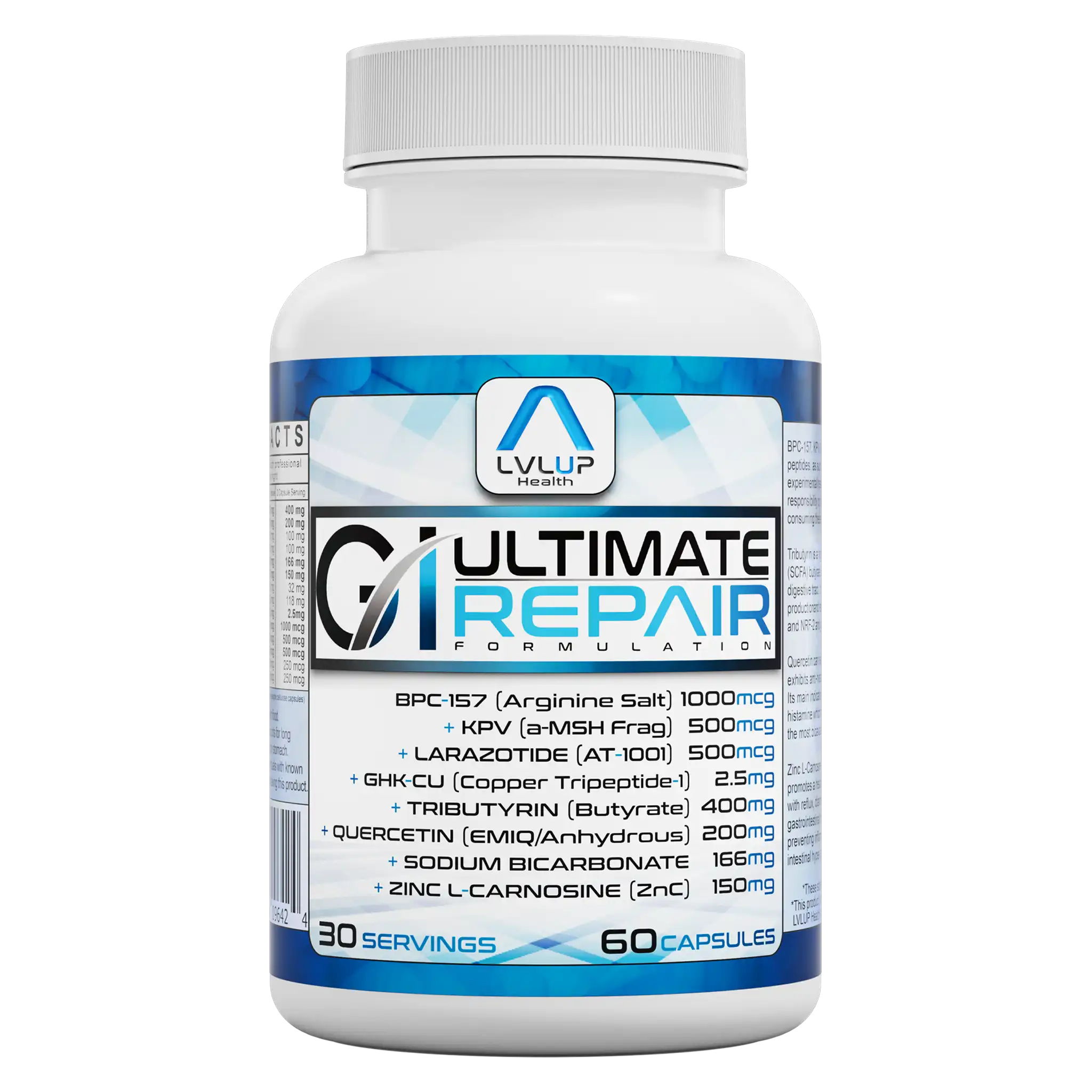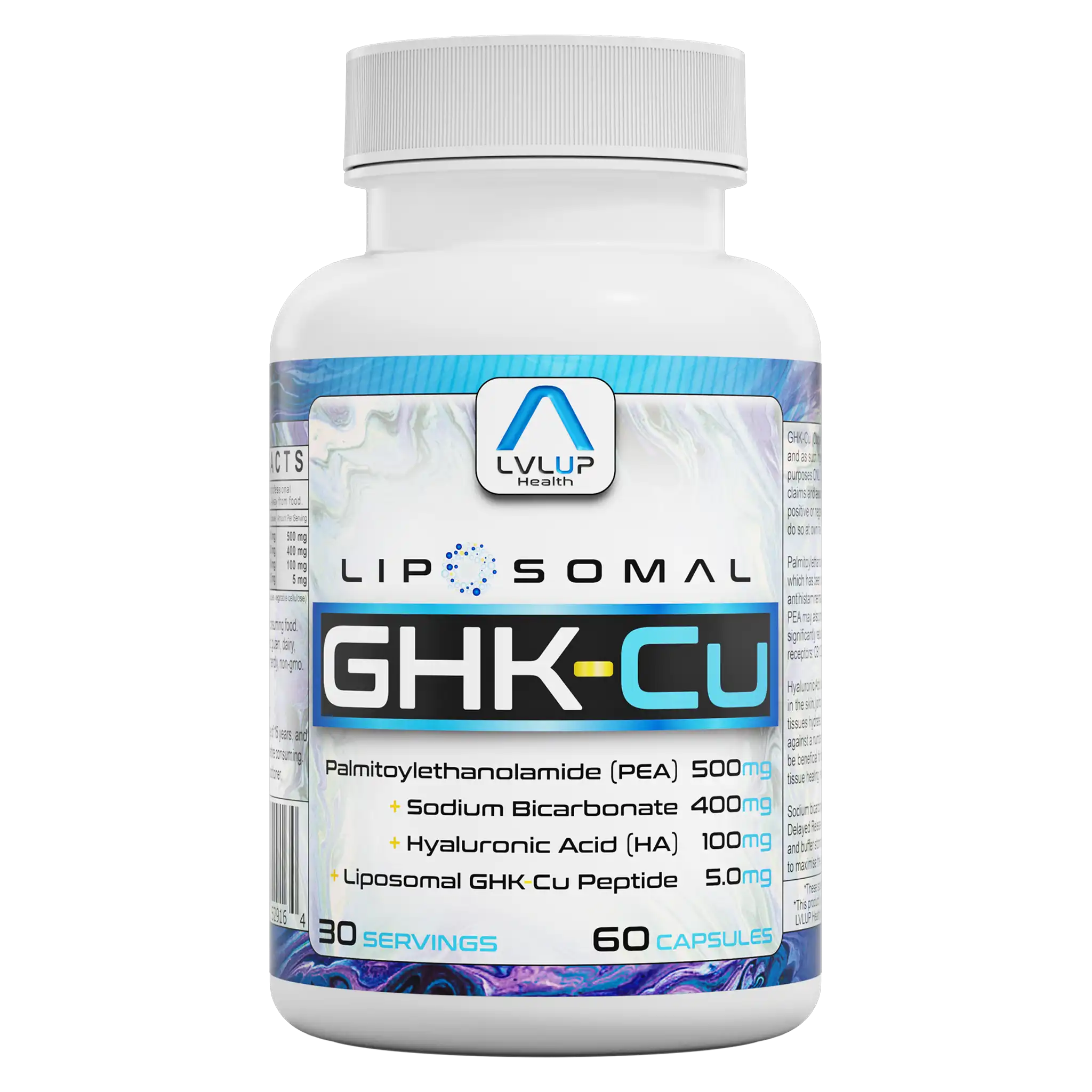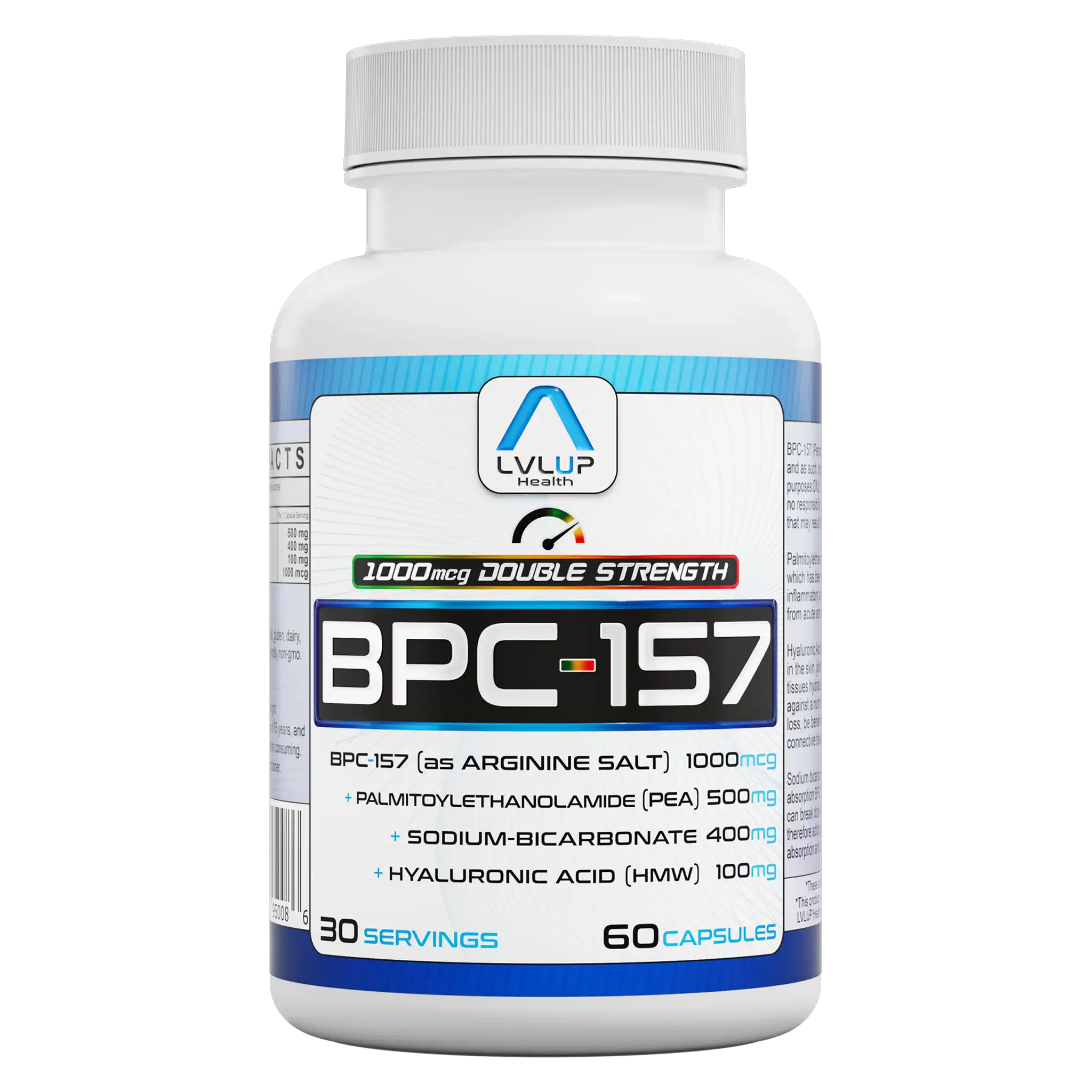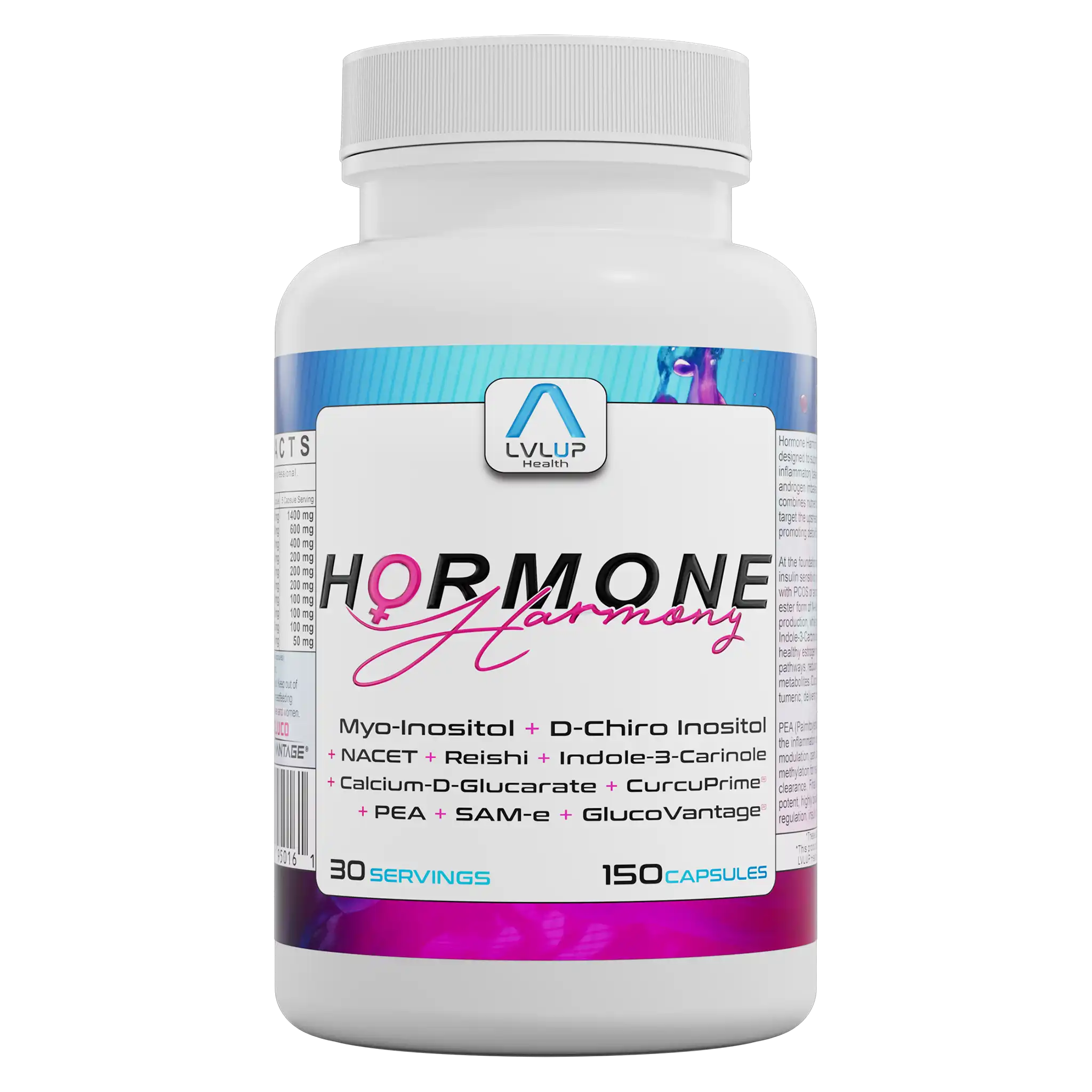Reishi Mushroom
About Reishi Mushroom
A Historical Perspective
Reishi mushroom (Ganoderma lucidum) holds a special place in wellness circles – both among biohackers and the wider health community. For centuries, people have looked to reishi for its calming qualities and potential ability to support resilience during stressful times. You might see it called “the mushroom of immortality” in old texts, though the real-world application is less about mythical longevity and more about practical daily balance.
Active Compounds and Mechanisms
The active substances in reishi include triterpenes, polysaccharides (especially beta-glucans), and peptidoglycan complexes. These molecules interact with various signaling pathways in the body, which has drawn attention from researchers interested in supporting immune health, moderating inflammation, and regulating hormone output. While you won’t get magic from this mushroom, you do get a deeply studied ingredient with centuries of anecdotal use behind it.
Applications in Supplement Formulas
Reishi often features in adaptogen blends or hormone-focused formulas – like Hormone Harmony, which targets everyday balance with a wide range of nutrients designed for precision support. People reach for reishi when they’re seeking gentle support for stress management or simply want to keep their body’s systems running smoothly.
Found In
Formulated With
Detailed Information
Bioactive Compounds
Ganoderma lucidum (reishi mushroom) produces a diverse array of bioactive compounds, including ganoderic acids (triterpenoids), polysaccharides (notably beta-1,3/1,6-glucans), sterols, peptides, and nucleotides. The triterpenoids are linked to modulation of nuclear factor-kappa B (NF-κB) signaling and downregulation of pro-inflammatory gene expression; they may also interface with glucocorticoid receptor signaling to affect HPA axis tone. Polysaccharides exert immunomodulatory actions via pattern recognition receptors such as Dectin-1 and TLRs on macrophages and dendritic cells; these interactions can shift cytokine production profiles and influence both innate and adaptive immune responses.
Hormonal and Antioxidative Actions
Some studies have explored reishi’s influence on aromatase activity and 11β-hydroxysteroid dehydrogenase type 1/2 expression (key enzymes involved in sex steroid and glucocorticoid metabolism), hinting at potential roles in hormonal regulation beyond classical adaptogenic activity. Additionally, ergosterol derivatives from reishi may exert antioxidative effects by modulating Nrf2/ARE transcriptional pathways.
Research and Potential
Current research continues to probe the pharmacokinetics of reishi-derived metabolites, their intestinal absorption mechanisms – possibly mediated by glucose transporters or endocytoses – and their effects on gut microbiota composition. While most mechanistic findings draw from in vitro or animal models, human trials have begun to map possible translation into clinical endpoints involving stress resilience, immune status markers, or general homeostatic adaptation.






